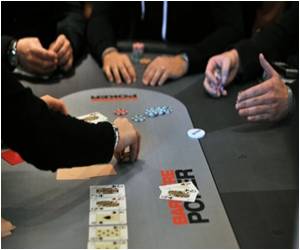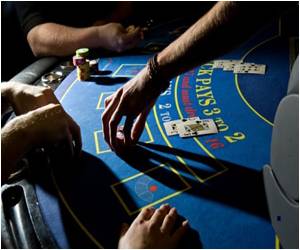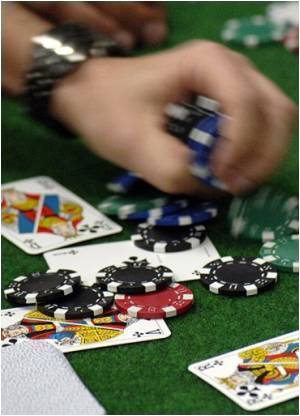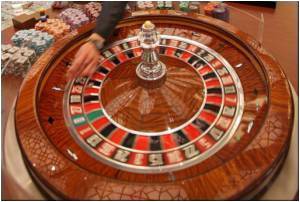Successful bettors think that their little black books hold superior inside knowledge that makes them experts.

Serious punters will often keep track of how well they are doing, in the fond hope of identifying a "winning system."
So says Matthew Browne of CQ University in Australia, whose research group found that the amount of wins required to show that one is doing better than chance is extremely high.
Gamblers who participate in skill-oriented games such as poker and sports betting are motivated to win over the long-term, and some monitor their betting outcomes to evaluate their performance and proficiency.
To investigate what levels of sustained returns would really be required to establish evidence of skill or expertise, Browne's team modelled a random strategy to simulate so-called "naive" play, in which equal bets were placed on randomly selected horses using a representative sample of 211 weekend races.
The results showed surprising volatility, even after a large number of repeated bets. After adjusting for the house advantage, a gambler would have to place over 10,000 bets in individual races with net returns exceeding nine percent to be reasonably considered an expert bettor.
Advertisement
Browne said that even sophisticated and rational gamblers, assuming they have achieved moderately good returns over an extended period, are simply unable to recognize that their historical performance most likely occurred simply due to chance.
Advertisement
The results are published in Springer's Journal of Gambling Studies.
Source-ANI









